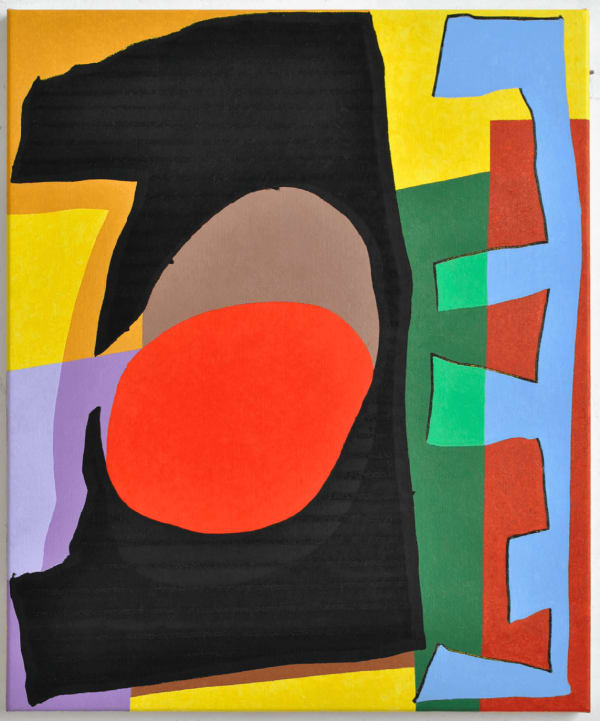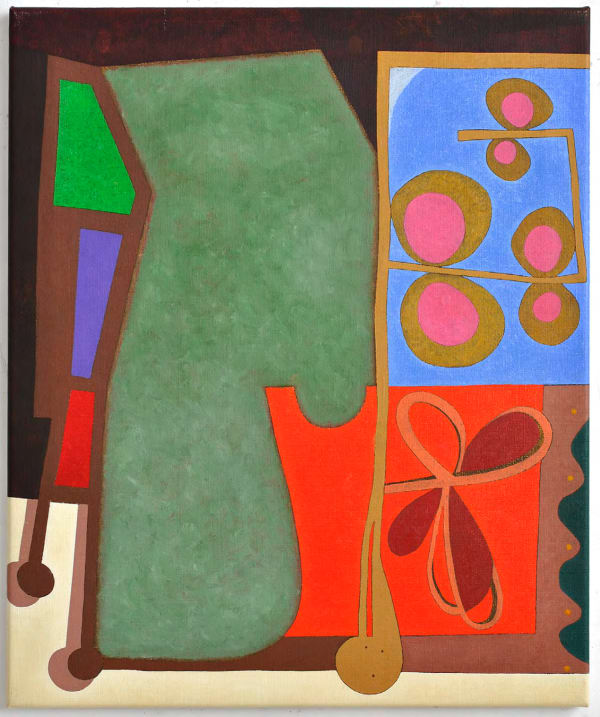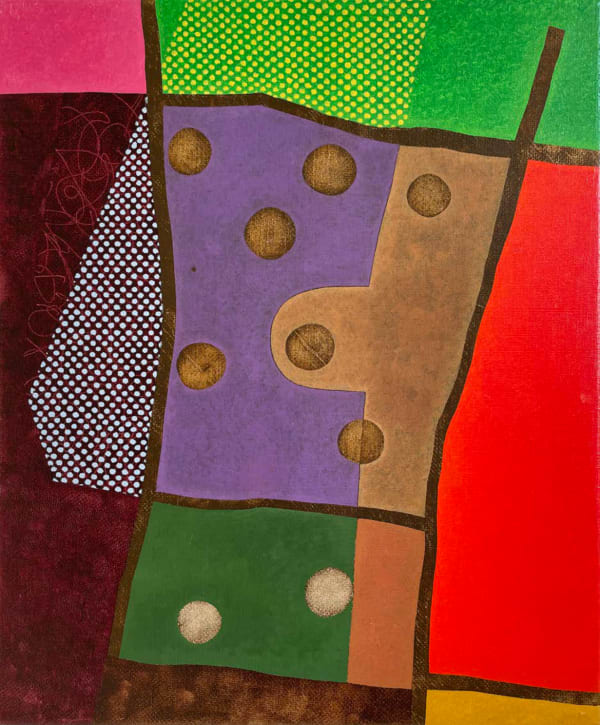-

-
Online
Clyde Hopkins
What is Abstraction?
Upsilon Gallery is pleased to present "What is Abstraction?," a solo-artist OVR dedicated to British painter Clyde Hopkins. The exhibition gathers 12 paintings produced by the artist between 2002-2008 which give way to a reckless pictorial anatomy, where shapes seem to have more personality than they need.
-
 Clyde Hopkins, Bulverhythe, 2001-02
Clyde Hopkins, Bulverhythe, 2001-02 -
In the mid-to-late phases of Hopkins’ work the question of appearance intensifies. Certainly it creates possibilities of transgression when working through ethical first principles of abstract exclusion. Rules internalized within abstraction hold a negative criticality that was open to challenge; this was important to the groups of abstract painters and sculptors working around Hopkins in Greenwich and Stockwell.
-
 Clyde Hopkins, Plankhead, 2005-06
Clyde Hopkins, Plankhead, 2005-06 -
 Clyde Hopkins, From Gorky's Dustbin #5 (ii): My Dixie Darling, 2007
Clyde Hopkins, From Gorky's Dustbin #5 (ii): My Dixie Darling, 2007 -
For example in the painting Plankhead (featured) in which rectilinear brown shapes have 'abstract' structural demarcations of color planes but also include a stylized representational device, a sign of woodgrain patterning. Hopkins uses the problem of including this pattern in the painting: an undoubtedly representational reference is equally an abstraction. Such arguments around codified representation within an abstract frame affect the long-term development of Hopkins' paintings. This painting questions how signs, as readymade abstractions, can have any place within abstraction.
-
Clyde Hopkins: What is Abstraction?
Past viewing_room












